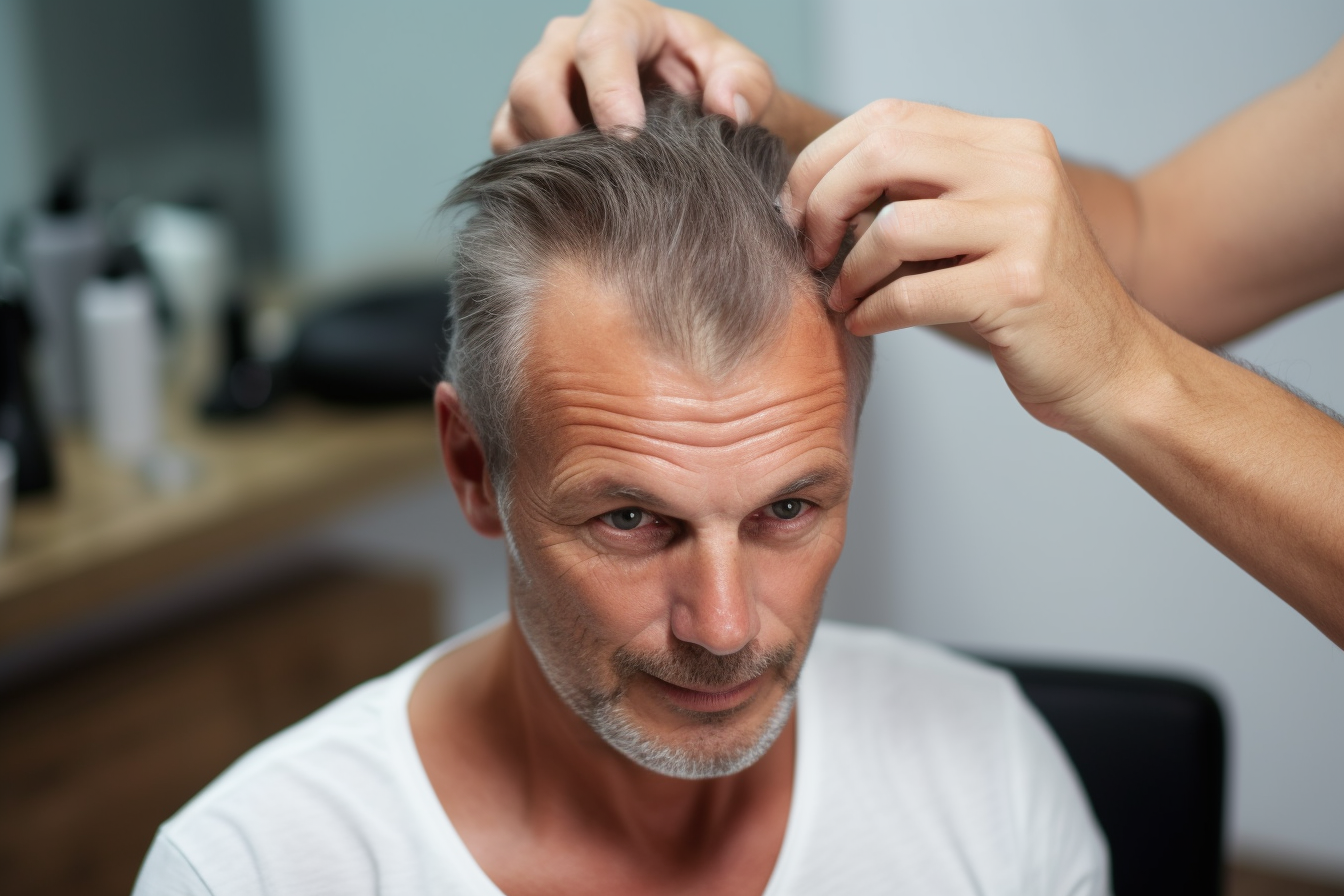Smart Choices for Senior Hairdresser Services
Older adults and their families often seek hairdresser services that combine style, comfort, and practical hair care solutions. A good salon visit can boost confidence, address age-related hair changes, and provide gentle scalp care tailored to sensitivity or medical needs. This article explains what to expect from professional stylists, how hair care changes with age, and what to look for when choosing a salon for senior or elderly clients, helping you make informed local services decisions that respect dignity and wellbeing.

This article is for informational purposes only and should not be considered medical advice. Please consult a qualified healthcare professional for personalized guidance and treatment.
What services do hairdresser professionals offer?
A hairdresser typically provides a range of services beyond simple haircuts: styling, shampooing, conditioning treatments, color services like low-maintenance glosses or gray blending, perms or straightening, and scalp care. Many salons also offer specialized services such as short styles that are easy to manage, soft layers to add volume, or restorative treatments for fragile hair. For seniors, professionals often prioritize gentleness, shorter appointment times, and clear communication about mobility or comfort needs to ensure a positive experience.
How should senior hair needs be addressed?
As people age, hair often becomes thinner, drier, or more brittle; the scalp may become more sensitive. A senior-focused approach begins with a consultation to review medications and health issues that can affect hair. Stylists may recommend softer, moisturizing shampoos, protein treatments to strengthen strands, or cuts that create the appearance of fuller hair. Practical advice on brushing techniques and low-maintenance styles helps seniors manage daily routines while preserving hair health and appearance in a dignified way.
What are common elderly hair concerns?
Common concerns among elderly clients include hair thinning, changes in texture, scalp dryness, and increased fragility. Some older adults experience hair loss patterns that require tailored cutting techniques and volumizing products rather than aggressive chemical treatments. Scalp conditions, such as dermatitis or sensitivity, are more common and require hypoallergenic products. Emotional aspects matter too: many seniors value a stylist who listens and adjusts services to maintain personal identity and self-esteem through their hairstyle choices.
How to maintain daily hair care routines?
Effective hair care routines for seniors emphasize simplicity and scalp health. Use mild, sulfate-free shampoos and leave-in conditioners to reduce breakage. Limit heat styling and choose low-manipulation styles—short cuts, soft waves, or gentle updos—that are easy to wash and dry. Regular trims prevent split ends and keep styles manageable. For those with mobility or vision challenges, adaptive tools like wide-tooth combs, ergonomic brushes, and no-rinse conditioning foams can make daily maintenance safer and more independent.
How to choose the right salon in your area?
Selecting a salon for senior or elderly clients means balancing technical skill with accessibility and sensitivity. Look for salons that offer accessible chairs and rest areas, adjustable water temperature controls, and a calm, respectful atmosphere. Ask whether staff have experience with age-related hair concerns or training in accommodating mobility issues. Reviews and word-of-mouth from local services often highlight friendly, patient stylists. Also consider whether the salon offers at-home visits or transport assistance if mobility or travel is a barrier.
Conclusion
Quality hairdresser services for seniors and elderly clients are about more than aesthetics; they combine respectful care, practical hair care strategies, and clear communication. Prioritize salons and stylists who understand age-related hair changes, offer gentle treatments and manageable styles, and accommodate physical or sensory needs. With the right approach, regular salon visits can enhance appearance, comfort, and emotional wellbeing while preserving independence and dignity.






